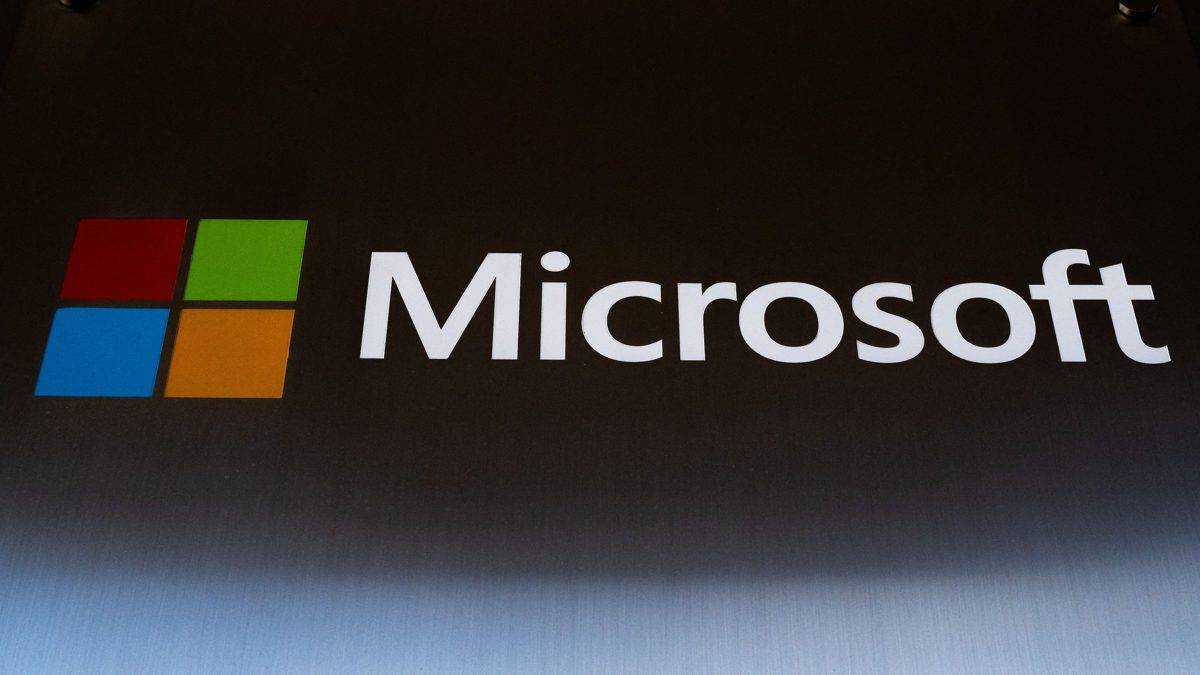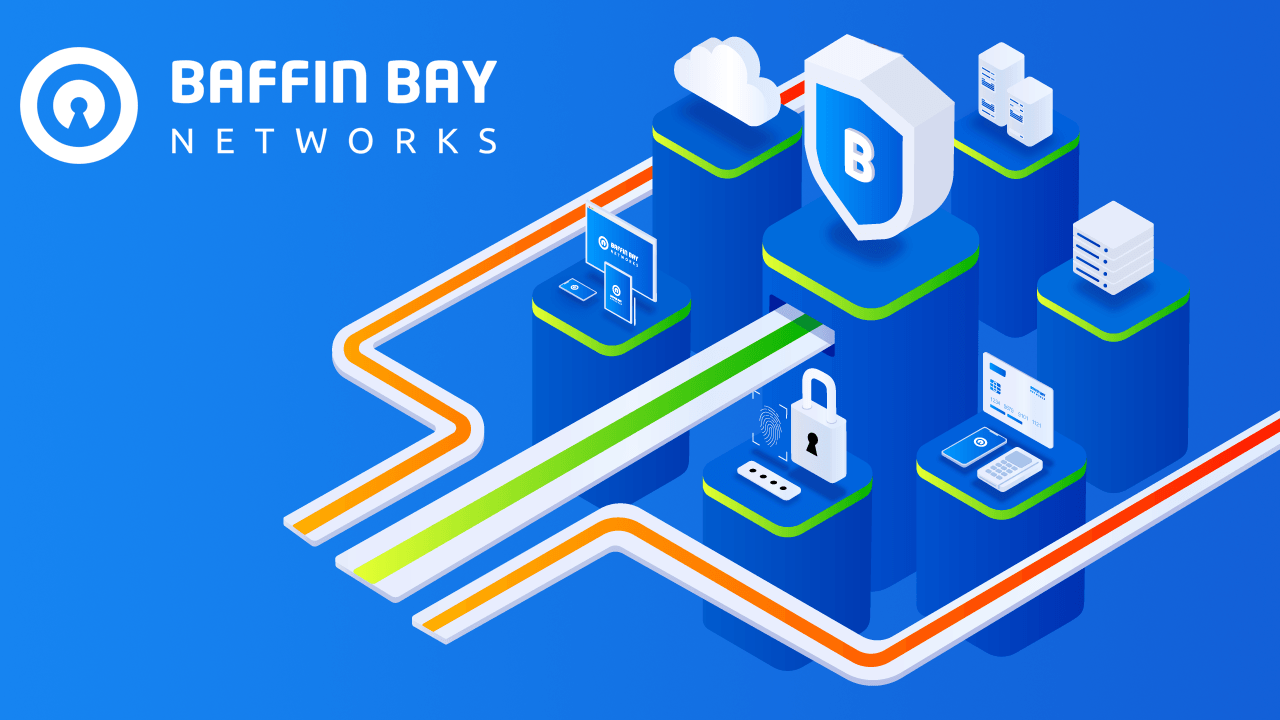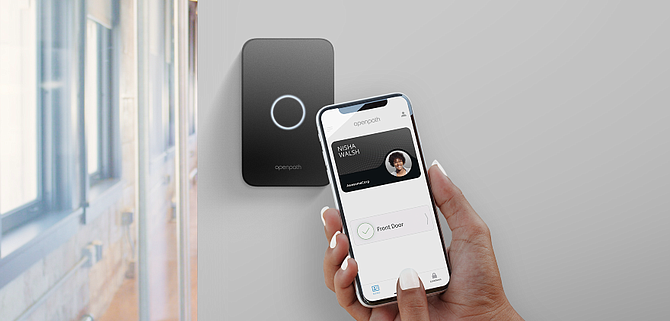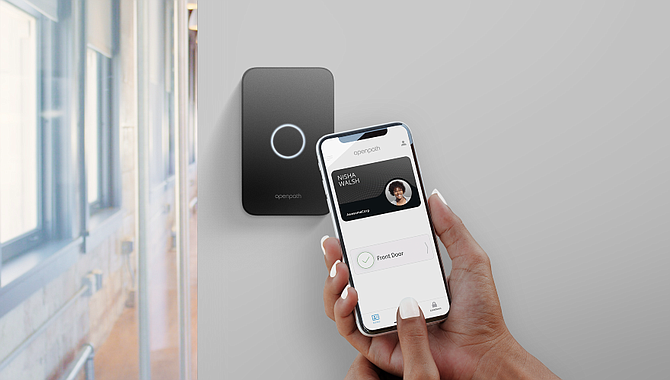Microsoft Details How Chinese Hackers Acquired Signing Key for Outlook Breach
Microsoft says it’s uncovered the mystery to how suspected Chinese hackers acquired a digital signing key to pull off July’s Outlook breach that ensnared several US government agencies.
According to Microsoft, the key was accidentally leaked when the company computer holding it crashed in April 2021. During the error, the machine generated a crash dump report, which failed to redact the key from the file due to a software bug.
Microsoft added that company computers that hold such signing keys are “highly isolated,” and have been stripped of various internet services, such as email and video conferencing. However, the crash dump report ended up opening a hole in the security. The unredacted file was automatically passed to a Microsoft computer devoted to debugging, which also happened to be connected to the internet.
This paved a way for the Chinese hackers to loot the digital key when they compromised a Microsoft engineer’s corporate account, although it remains unclear how this occurred.
“This account had access to the debugging environment containing the crash dump which incorrectly contained the key,” the company said in Wednesday’s report. “Due to log retention policies, we don’t have logs with specific evidence of this exfiltration by this actor, but this was the most probable mechanism by which the actor acquired the key.”
Stealing the key then allowed the suspected Chinese hackers to forge the authentication tokens to access customer emails on Microsoft’s Outlook service. That said, the signing key was originally designed for consumer Microsoft accounts—not the enterprise Outlook accounts that the hackers targeted.
The problem is that Microsoft neglected to update a software library to automatically validate key signing signatures between consumer and enterprise accounts. “Developers in the mail system incorrectly assumed libraries performed complete validation and did not add the required issuer/scope validation,” Microsoft said. “Thus, the mail system would accept a request for enterprise email using a security token signed with the consumer key.”
Microsoft issued the report as the company has come under criticism for failing to…




